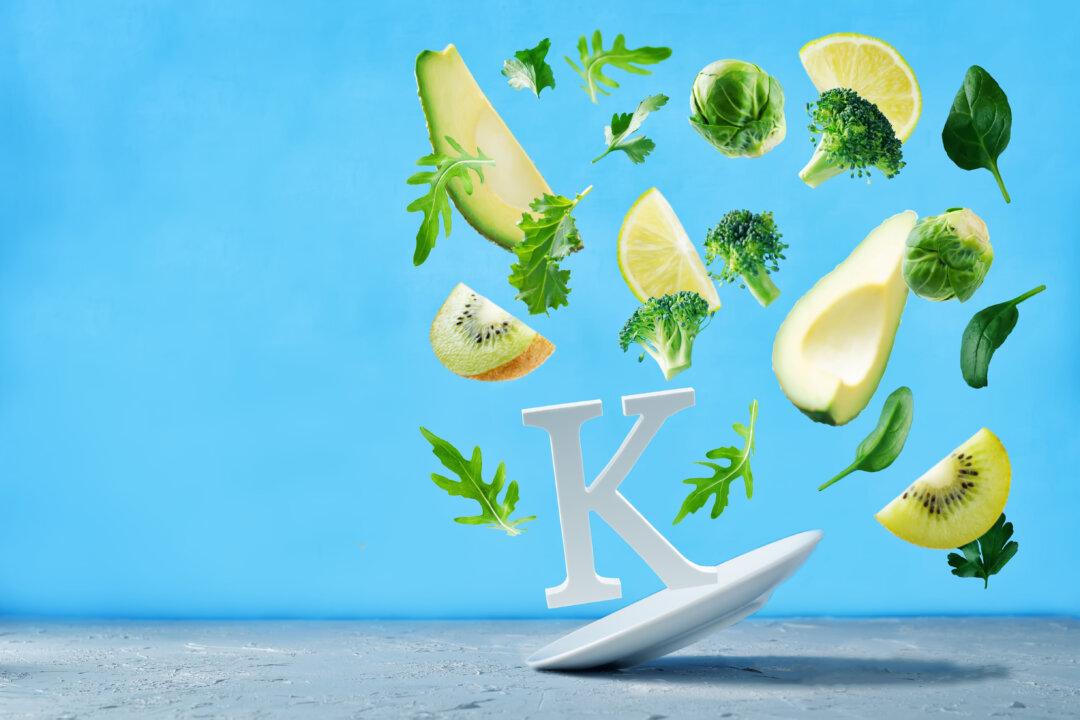Rich foods packed with oils, animal products, white flour, and sugar may look tempting to you at a holiday gathering. Maybe tempting enough for you to say to yourself “It’s just for today, just this one meal. I'll go back to my healthful Nutritarian diet tomorrow — one unhealthful meal can’t possibly harm me.” Is that true?
Aside from the fact that a single low-nutrient meal may awaken old addictive drives that could then lead to many more low-nutrient meals, a single meal is enough to cause damage to your cardiovascular system. There are more cardiac deaths on December 25, 26, and January 1 than any other days of the year. This sobering observation suggests that overindulging at a holiday meal can be extremely hazardous to your heart.
First, I'd like to define the phrase “endothelial function,” which will be used frequently in this article: The endothelium is a specialized layer of cells that forms the inner lining of all blood vessels. Endothelial cells produce nitric oxide and other substances that regulate blood pressure, maintain balance between pro-thrombotic (blood clotting) and anti-thrombotic mechanisms, and act as a selective barrier between the blood and surrounding tissues. The functions of the endothelium are crucial; endothelial dysfunction is an early event in atherosclerotic plaque development and cardiovascular disease.
Now let’s take a look at the traditional components of a holiday meal, and how they affect our cardiovascular system...
Meat, cheese, and oils. Over fifteen years ago, a study reported that eating a meal in high saturated fat, and animal product impaired endothelial function for four hours following the meal, and this effect has been confirmed in the literature over and over. For example, a study presented earlier this year reported the detrimental effects of a sausage, egg and cheese breakfast sandwich on endothelial function. In addition to impaired endothelial function, single low-nutrient, high fat meals have been reported to induce insulin resistance, increase circulating adhesion molecules (which allows excess LDL and inflammatory cells to enter the vessel wall — a contributor to atherosclerosis), induce oxidative stress, and deplete the body’s circulating antioxidants. The detrimental effects of a high saturated fat meal on endothelial function are believed to occur via oxidative stress and activation of pro-inflammatory pathways. Although most of the studies have focused on high saturated fat meals, there is also evidence that animal protein and excess oils (high in omega-6 fatty acids) may also negatively affect the endothelium and induce oxidative stress.
Bread, pasta, and sugary desserts. Refined carbohydrate is just as harmful to endothelial function as saturated fat. Refined carbohydrates cause dangerous spikes in blood glucose — repeated spikes over time promote diabetes and other chronic diseases, but what about a single high glycemic meal? Acute hyperglycemia (short term elevated blood glucose after a single refined carbohydrate-rich meal) has been shown to impair endothelial function, promote blood clotting (which increases heart attack risk), induce oxidative stress and deplete circulating antioxidants, increase blood pressure, increase circulating adhesion molecules, impair the body’s ability to fight infection, and decrease blood flow to the heart.
Salty snacks, beer, and wine. A single, high salt meal impairs endothelial function, just like high saturated fat or high sugar meals, and alcohol magnifies the increase in blood glucose from a refined carbohydrate-rich meal.
The point: A SINGLE unhealthful holiday meal inflicts damage on the cardiovascular system, contributes to atherosclerotic plaque development, and in susceptible individuals may even provoke a cardiac event. Also important, is that the most eating enjoyment at special occasions comes from gourmet Nutritarian food that pleasures your taste buds, your heart and your intelligence.
This article was originally published on www.drfuhrman.com. Read the original here.
*Image of “eating“ via Shutterstock






